“Bar breaking apparatus” has been added to your cart. View cart
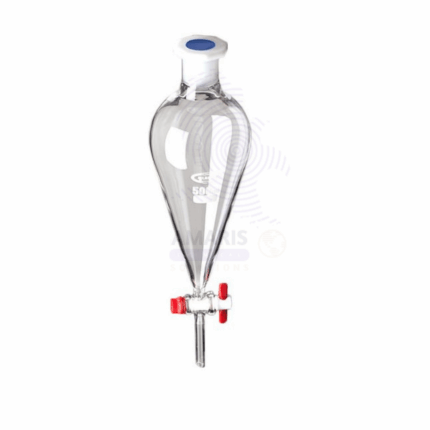
Separating funnel 60ml 125ml
$750.00 Original price was: $750.00.$600.00Current price is: $600.00.
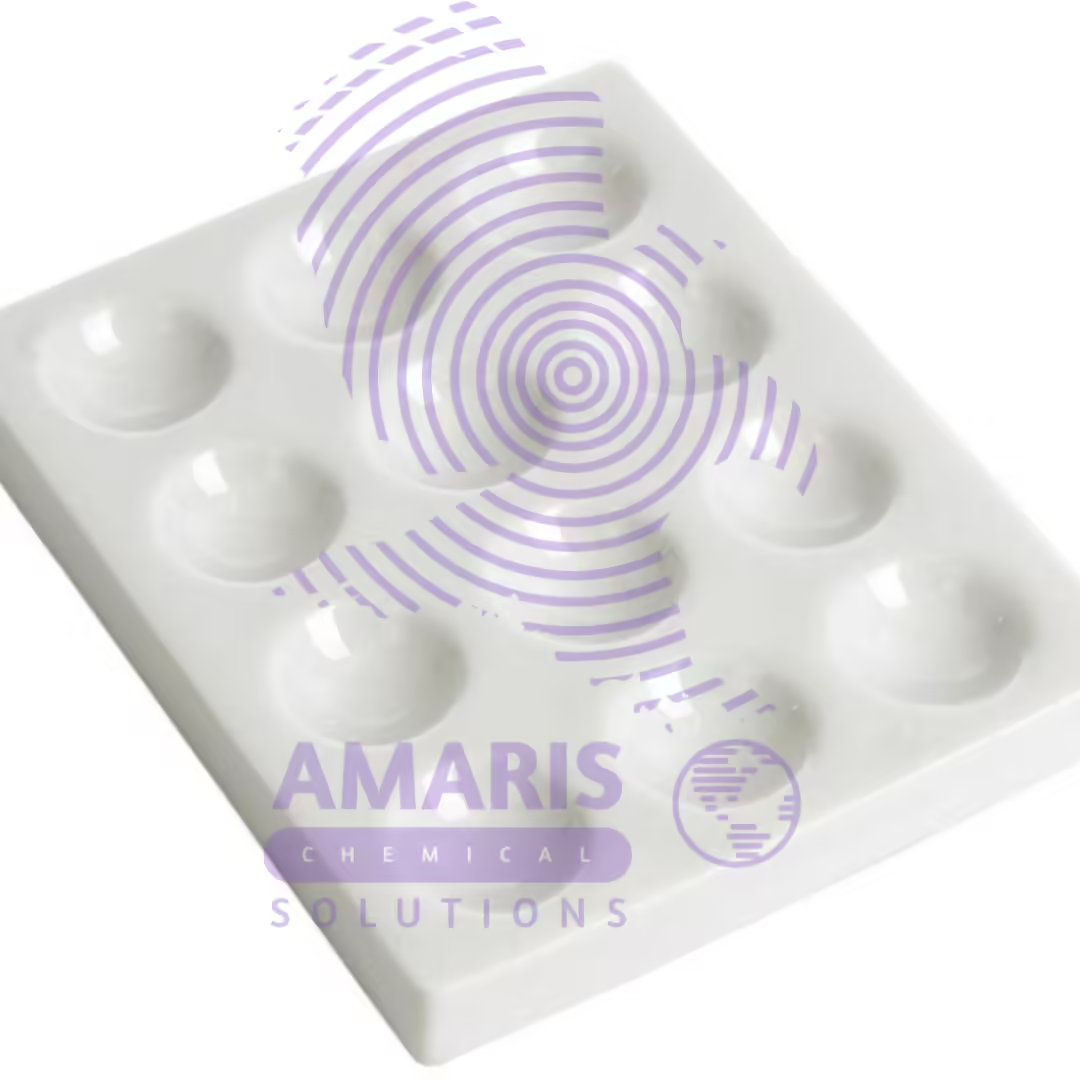
Tile cavity 6 and 12 holes
$370.00 Original price was: $370.00.$300.00Current price is: $300.00.
Terminals
$700.00 Original price was: $700.00.$650.00Current price is: $650.00.
Whatsapp Order
Terminals, in a laboratory context, refer to connection points that facilitate the transfer of electrical signals, data, or power between different devices or systems. They serve as the interface for wiring, allowing for the secure and organized connection of equipment
SKU:
ACS65311CHEM0
Category: LABORATORY EQUIPMENT & APPARATUS
Description
Uses of Terminals
- Electrical Connections:
- Wiring terminals are used for securely connecting electrical equipment or instruments to a power source. They ensure a stable, safe, and organized electrical connection, often found in setups like electrochemical experiments.
- Data Communication:
- Computer terminals are used to interface with computers or lab equipment for data acquisition and analysis. They allow scientists to control instruments, run simulations, and monitor real-time data from experiments.
- Control Systems:
- In automated laboratory setups, terminals can be part of the control systems for devices like incubators, spectrometers, or chromatographs, allowing users to input commands, monitor conditions, and adjust parameters.
- Monitoring and Display:
- Some terminals are used as display interfaces for real-time monitoring of laboratory processes, showing data such as temperature, pH, or pressure from sensors.
- Connection Points for Instruments:
- Terminal blocks are often used to connect multiple devices to a single instrument, allowing for more organized and accessible connections in complex setups, such as in large testing equipment or analysis systems.
Reviews (0)
Be the first to review “Terminals” Cancel reply
Related products
Amber Bottles Polystop
$0.01
A laboratory glass amber bottle is a specialized container commonly used in laboratories to store and protect light-sensitive substances, chemicals, or solutions. These bottles are made from amber-colored glass, which provides protection against ultraviolet (UV) and visible light radiation. The amber glass helps to minimize the degradation and decomposition of light-sensitive contents by blocking a significant portion of the light spectrum.
The amber color of the glass is achieved by adding iron, sulfur, and other compounds during the glass manufacturing process. This coloration is what gives the bottles their distinctive amber or brown appearance.
Laboratory glass amber bottles typically come in various sizes, ranging from small volumes of a few milliliters to large capacities of several liters. They often have a screw-on or snap-on cap, providing a secure and airtight seal to prevent spills, evaporation, and contamination.
Due to their ability to protect light-sensitive substances, laboratory glass amber bottles are widely used in chemistry, biology, pharmaceuticals, and other scientific fields where sample integrity and stability are crucial.
Aspirator Bottle Glass
A laboratory aspirator glass bottle, also known as a vacuum aspirator bottle or a vacuum filtration flask, is a specialized glass container used in scientific laboratories for various applications. It is designed to create a vacuum or negative pressure, which allows the filtration of liquids through a porous medium like a filter paper or a membrane.
The bottle typically has a conical or pear-shaped body with a sidearm or neck near the top. This neck is where a rubber or silicone stopper is inserted, allowing for the attachment of tubing or a hose to connect to a vacuum source or water aspirator. (Available in 2.5l,5l,10l,)
Laboratory aspirator glass bottles are commonly used in vacuum filtration processes to separate a solid precipitate from a liquid solution. When connected to a vacuum source, the air inside the bottle is removed, creating a pressure difference that draws the liquid through the filter, leaving the solid behind on the filter paper.
These bottles come in various sizes to accommodate different filtration needs and are an essential tool in many research, analytical, and quality control laboratories for tasks like separating particulate matter, sterilizing solutions, and performing various filtration techniques. They are often made of durable borosilicate glass to withstand the pressure changes and chemical interactions that may occur during laboratory operations.
Balance lever
$0.01
The best definition of a balance lever is a simple machine that consists of a rigid bar or beam that pivots around a fixed point called the fulcrum. It is used to compare the weights or forces of two objects and determine if they are in equilibrium (balanced) or if one side is heavier than the other (unbalanced).
The balance lever operates on the principle of torque, where the torque (rotational force) exerted on one side of the fulcrum is equal to the torque on the other side when the system is in equilibrium. This principle is expressed by the formula: Torque = Force × Distance from fulcrum.
By placing known masses or weights on one side of the lever and an unknown weight on the other side, the balance lever can be used as a weighing scale. When the lever is in balance, the two sides are equal in weight or force. This concept has been widely used in various applications, from traditional weighing scales to more complex systems like seesaws or construction equipment.
bare enamelled copper wire
$0.01
Beaker Simax
$0.01
A glass beaker is a cylindrical, open-top container made of glass, typically with graduated volume markings on its side. It is commonly used in laboratories for holding, mixing, and heating liquids, as well as for performing various experiments and chemical reactions. Glass beakers come in various sizes and are designed to provide easy observation of the contents and to withstand temperature changes without significant deformation or chemical interaction with the substances being used.


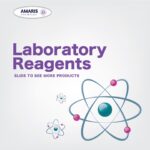
 LABORATORY EQUIPMENT & APPARATUS
LABORATORY EQUIPMENT & APPARATUS
 Fertilizers
Fertilizers Plant Growth Regulators
Plant Growth Regulators Soil Conditioners
Soil Conditioners Animal Feed Additives
Animal Feed Additives Biostimulants
Biostimulants Dough Conditioners
Dough Conditioners Flour Treatments
Flour Treatments Fat Replacers
Fat Replacers Preservatives (baking)
Preservatives (baking)
 Surfactants (cleaning)
Surfactants (cleaning) Builders
Builders Bleaching Agents
Bleaching Agents Enzymes
Enzymes Solvents (cleaning)
Solvents (cleaning) Fragrances
Fragrances

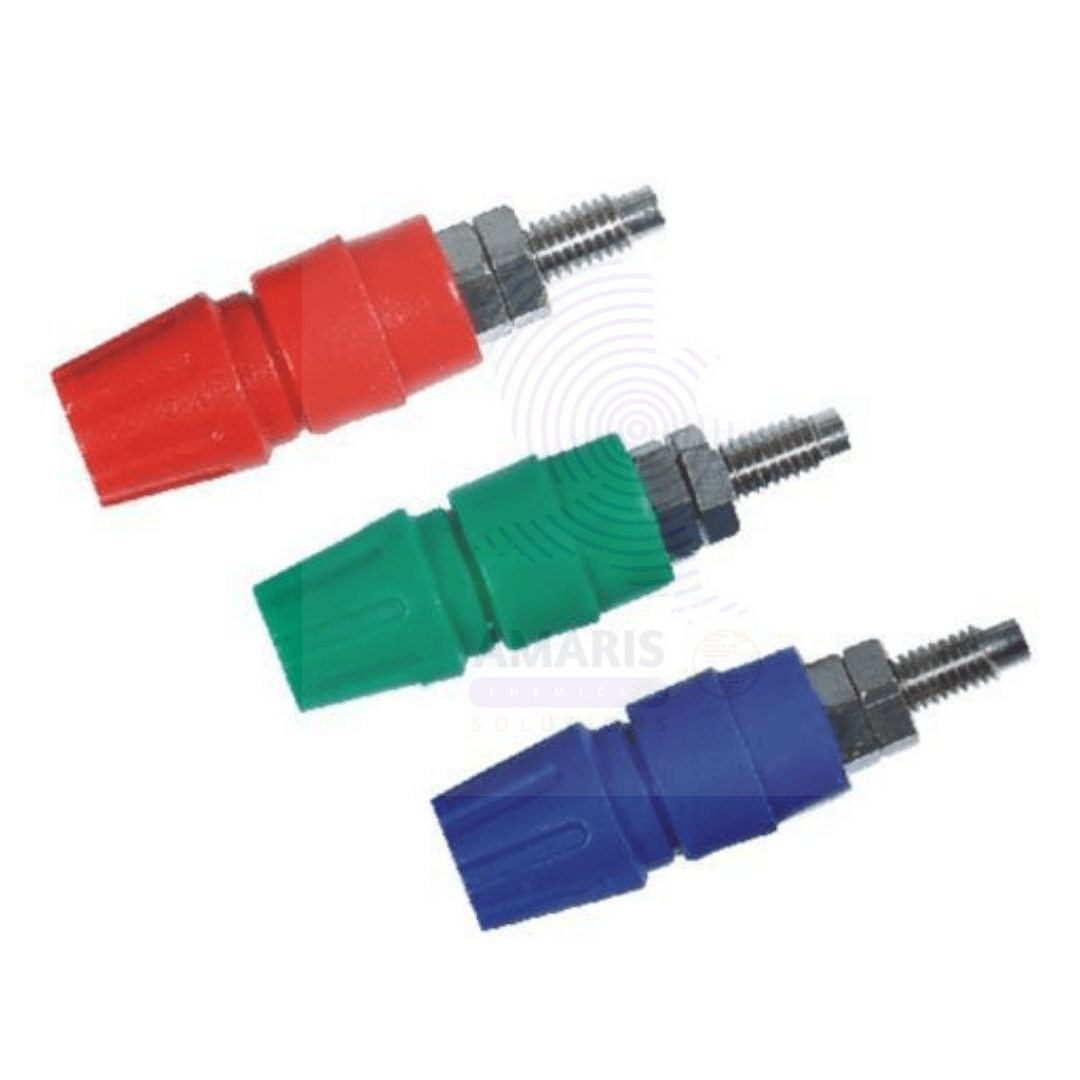
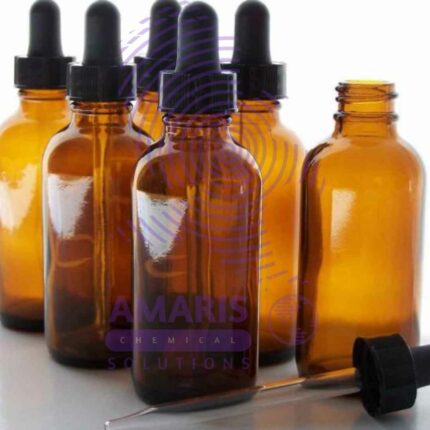

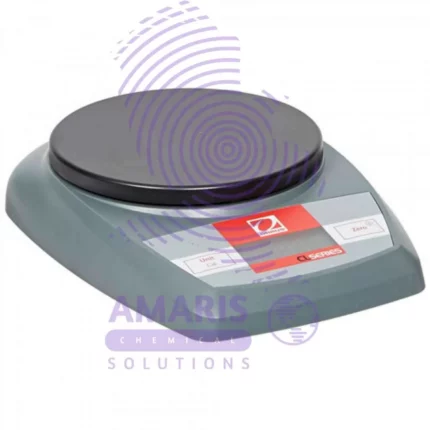
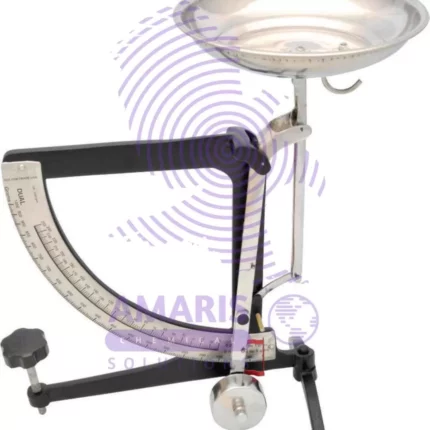

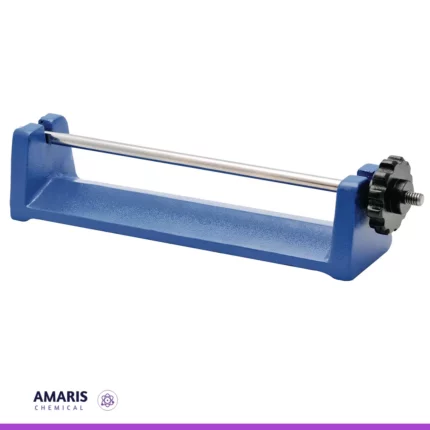

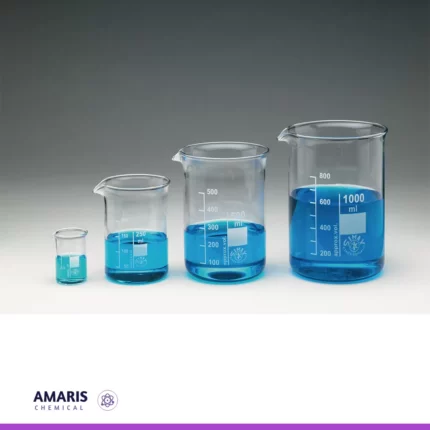













Reviews
There are no reviews yet.